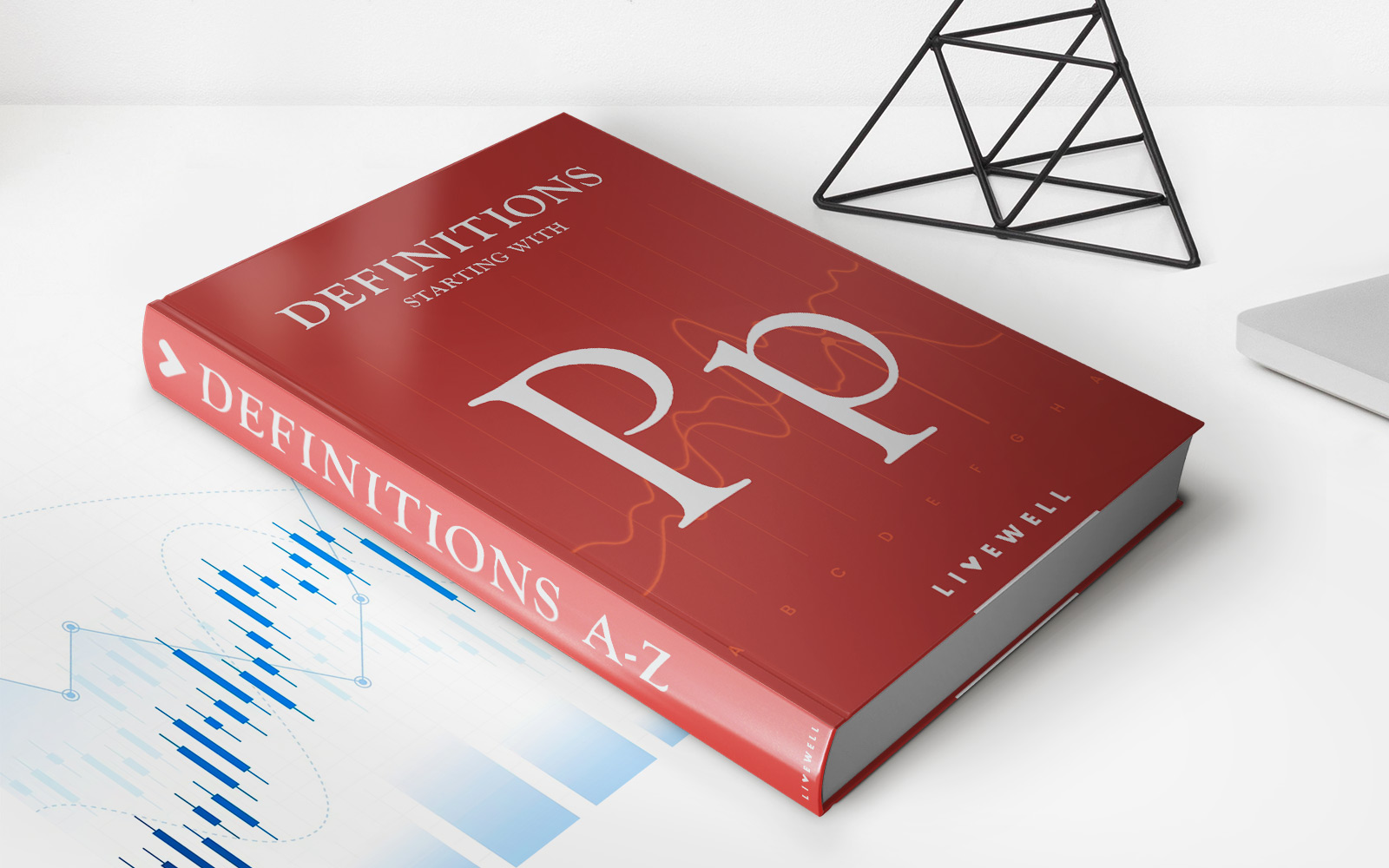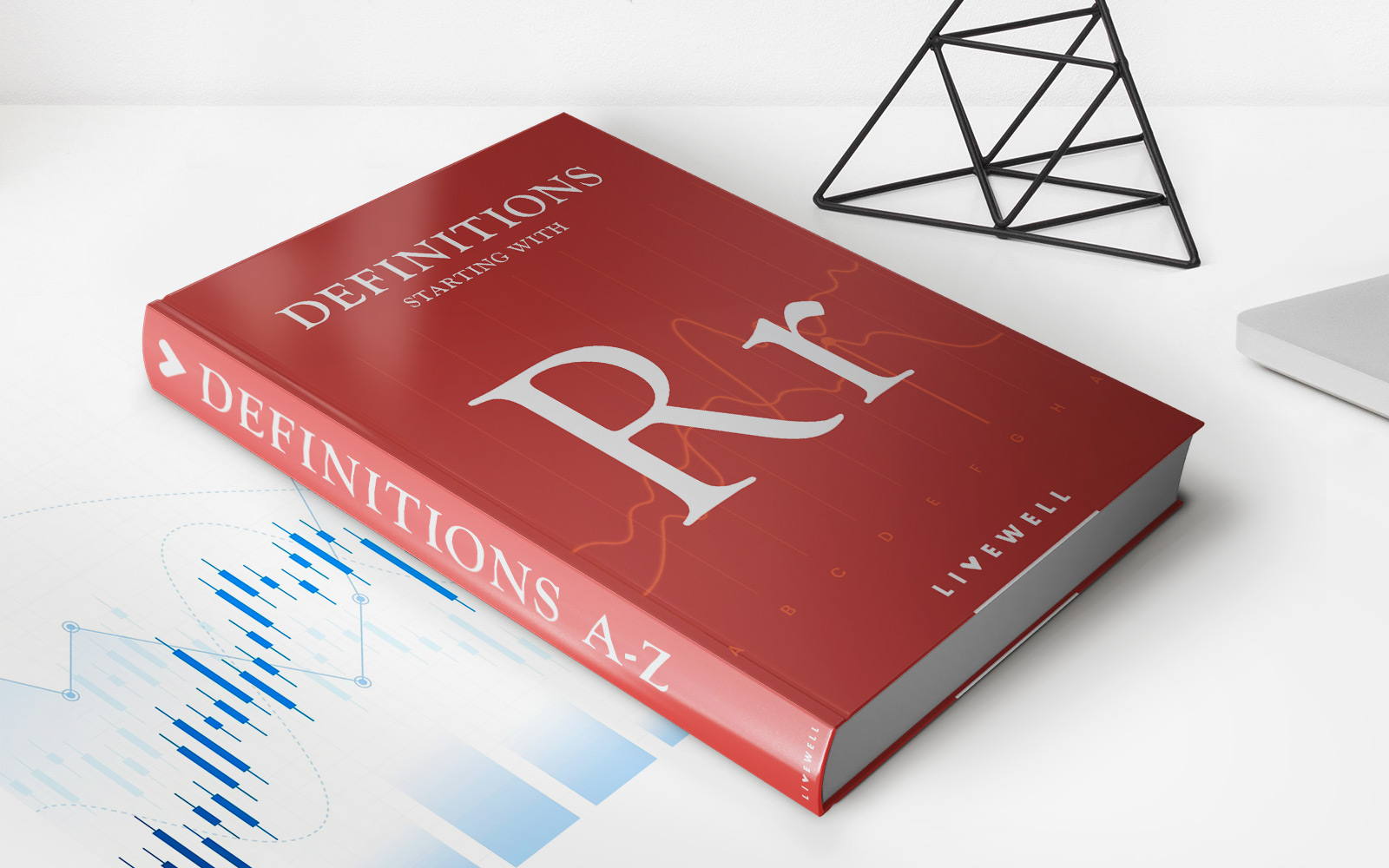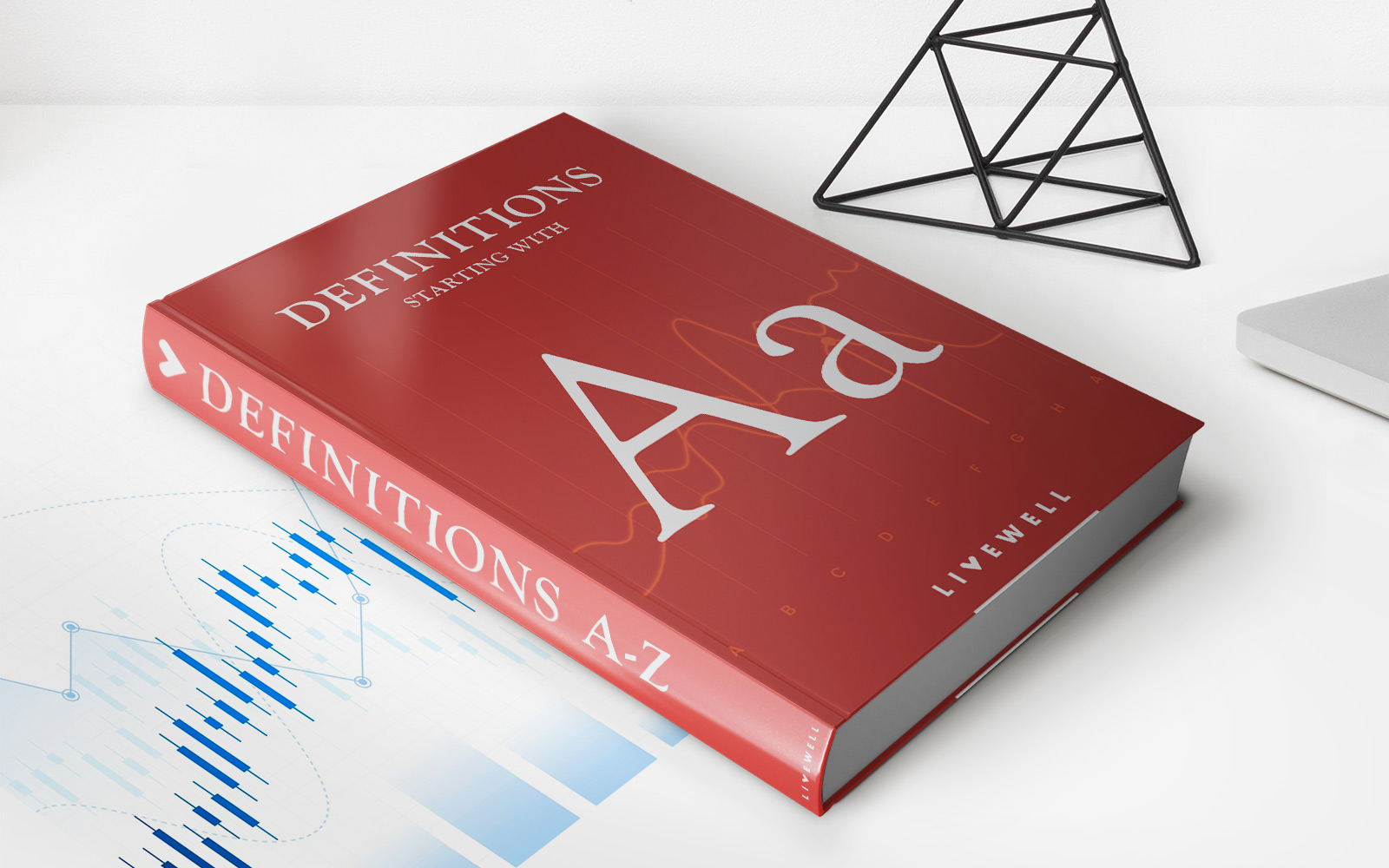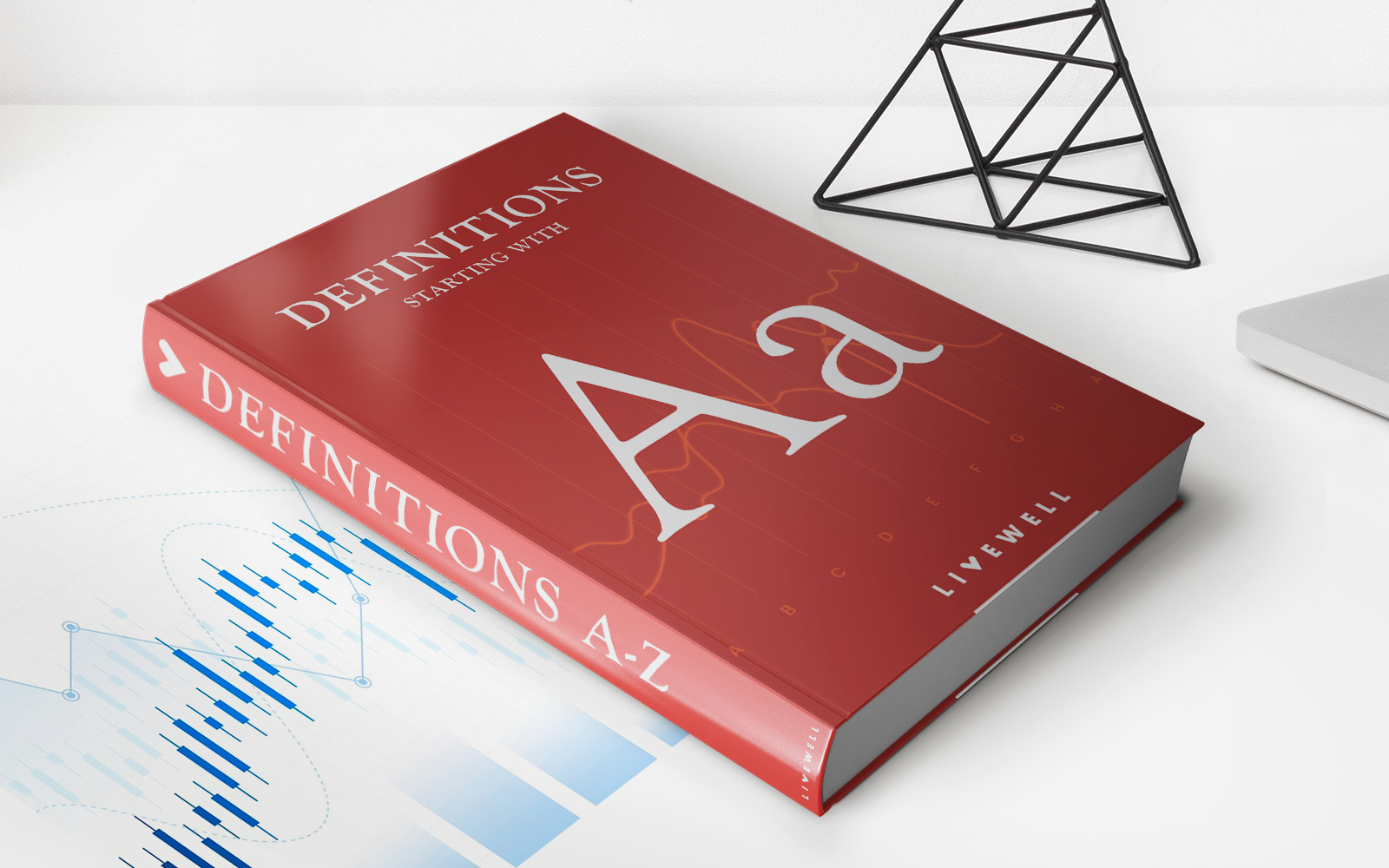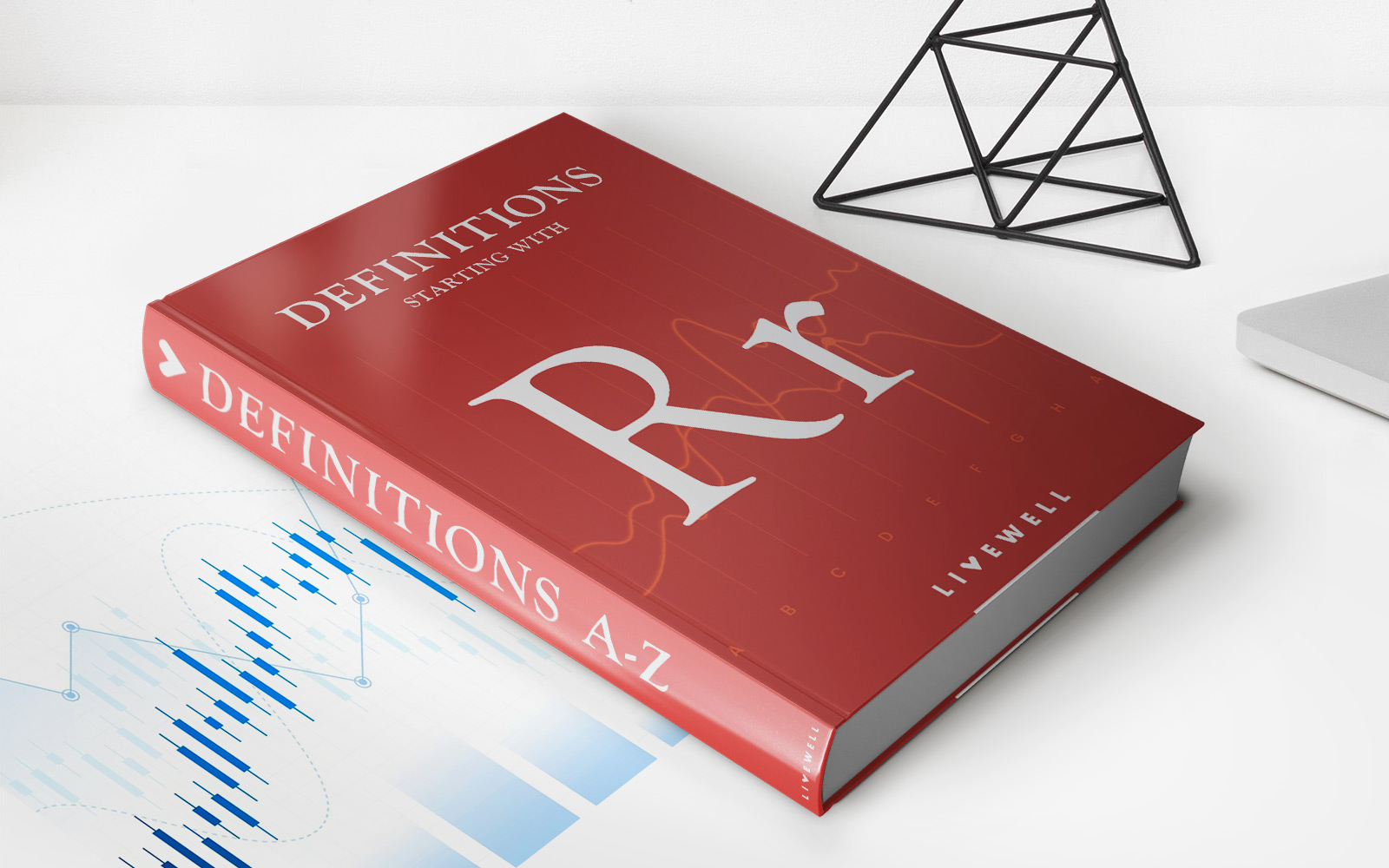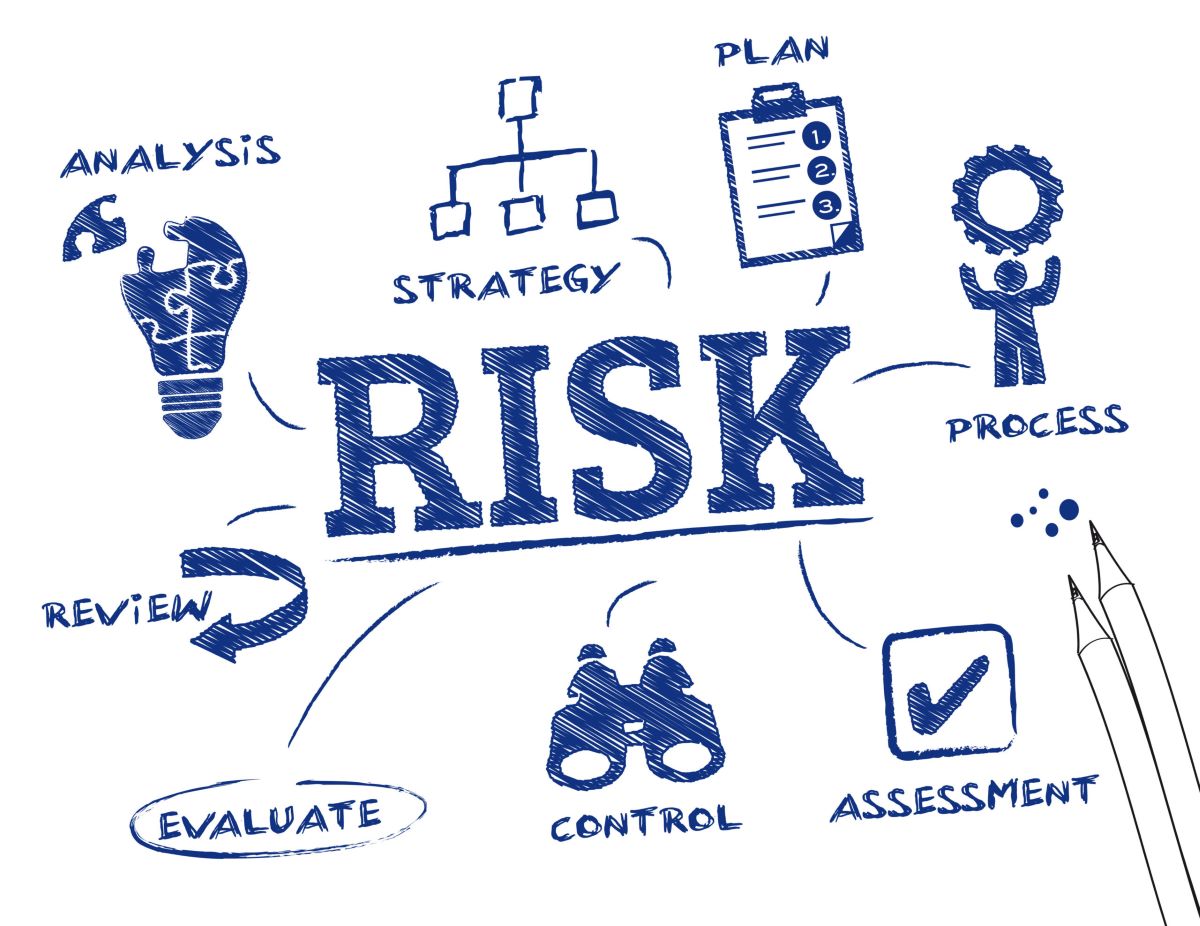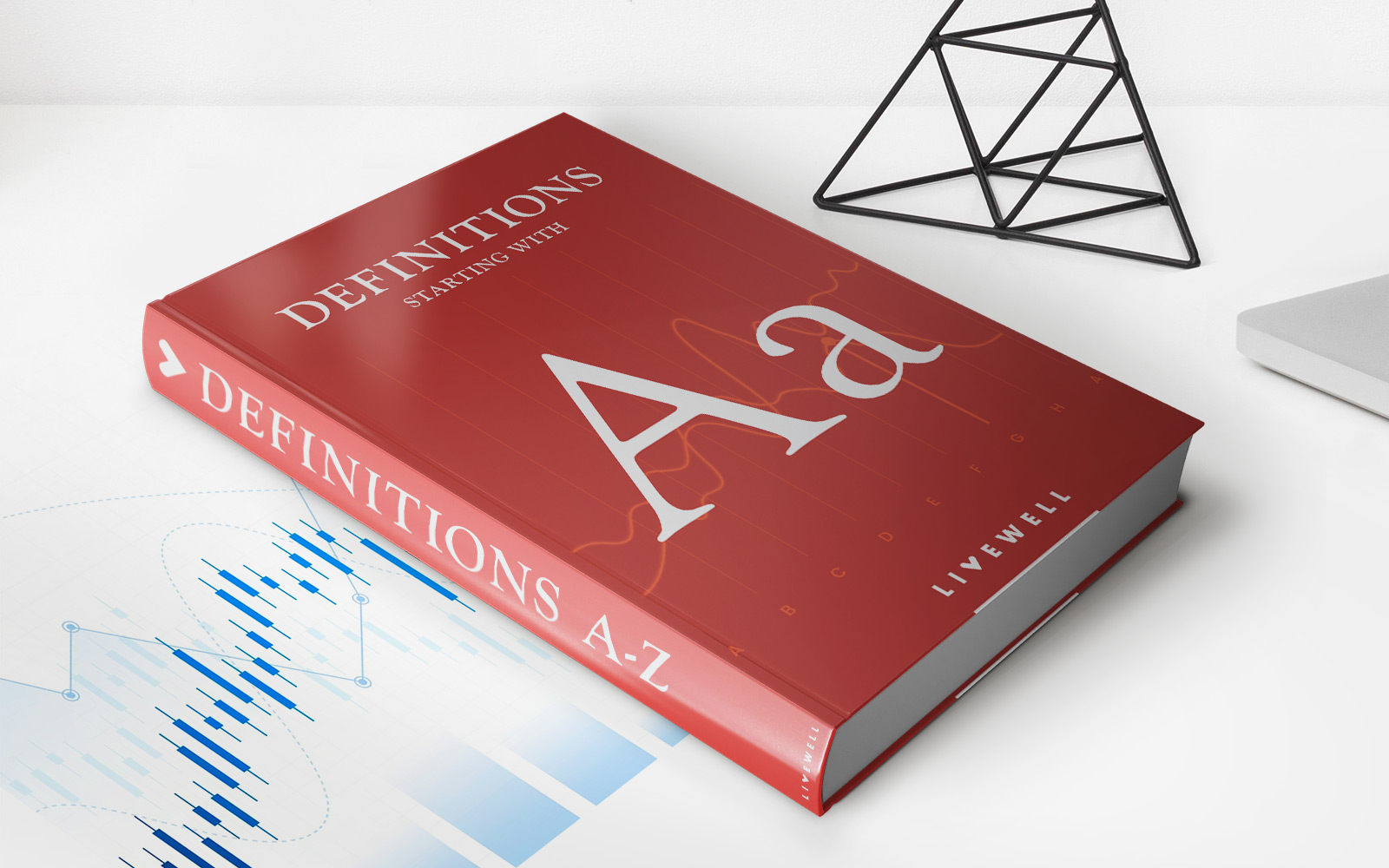Home>Finance>Reverse Mortgage Financial Assessment Definition
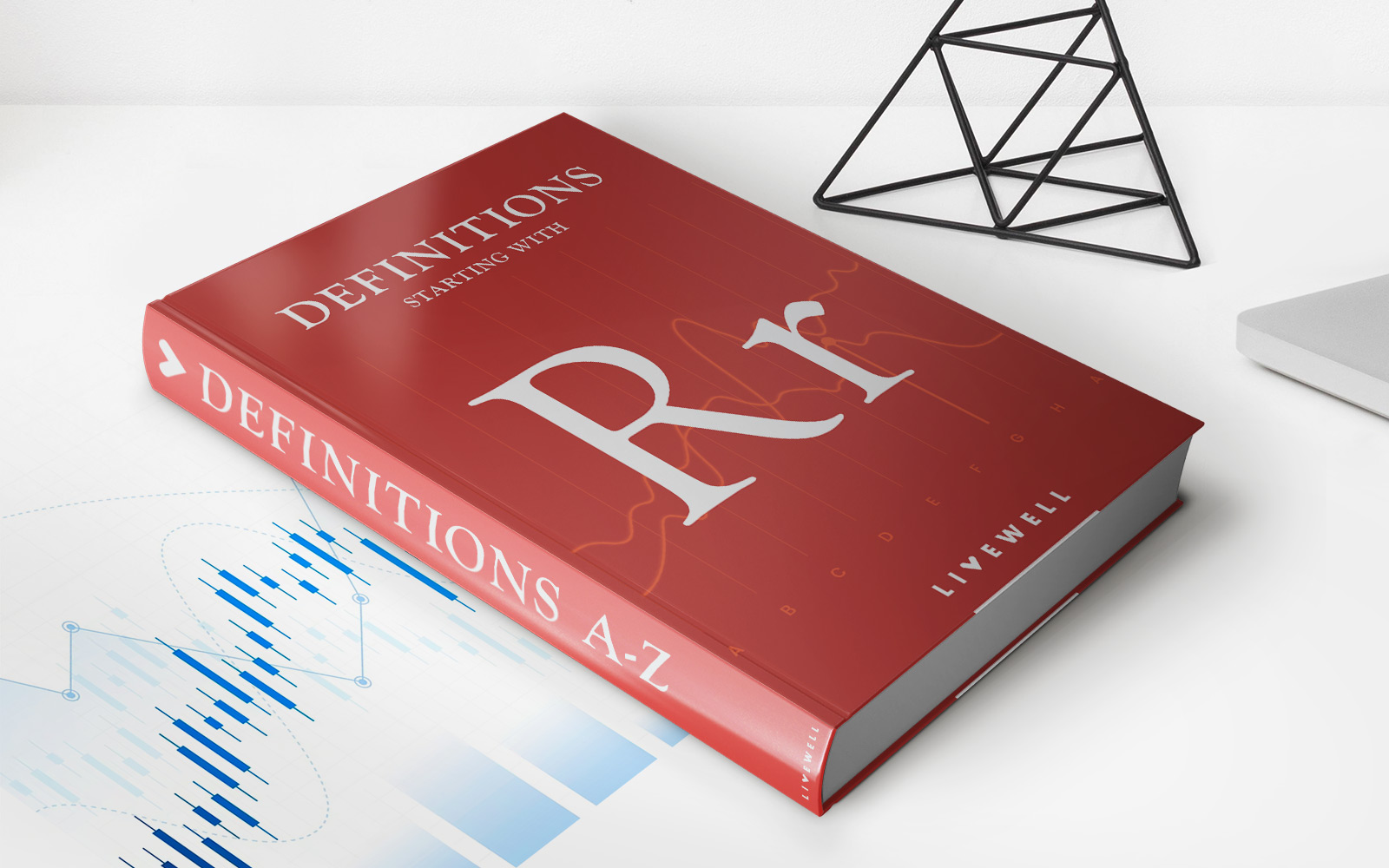

Finance
Reverse Mortgage Financial Assessment Definition
Published: January 20, 2024
Learn the definition of a reverse mortgage financial assessment and how it relates to finance. Understand the role of this assessment in your financial planning.
(Many of the links in this article redirect to a specific reviewed product. Your purchase of these products through affiliate links helps to generate commission for LiveWell, at no extra cost. Learn more)
Welcome to the Finance Category: Unlocking the Power of Reverse Mortgage Financial Assessment Definition
Welcome to our Finance category, where we delve into the world of reverse mortgages and provide valuable insights into various aspects of personal finance. In this article, we will be shedding light on the intriguing concept of Reverse Mortgage Financial Assessment Definition. So sit back, relax, and let us guide you through the ins and outs of this important evaluation process.
Key Takeaways:
- Reverse Mortgage Financial Assessment is a thorough review of a borrower’s financial qualifications.
- This assessment is designed to ensure that borrowers have the means to meet their mortgage obligations.
Now, let’s tackle the burning question most readers might have: What exactly is a Reverse Mortgage Financial Assessment? In simple terms, it is an evaluation process that seeks to determine if a borrower has the financial capability to fulfill their reverse mortgage obligations.
Given that reverse mortgages allow homeowners to access the equity in their homes without having to sell or move, it is crucial for lenders to ensure that borrowers will be able to meet their financial obligations. This assessment helps safeguard both lenders and borrowers by ensuring that the loan will not become an overwhelming burden.
So, how does this assessment work? Here are the key aspects of Reverse Mortgage Financial Assessment:
- Income Verification: Lenders analyze the borrower’s sources of income to assess their ability to pay ongoing expenses related to the loan. This includes reviewing Social Security benefits, pensions, and other sources of regular income.
- Asset Evaluation: Lenders review the borrower’s assets such as savings, investments, and real estate holdings to determine their overall financial stability.
- Debt-to-Income Ratio: Lenders calculate the borrower’s debt-to-income ratio, comparing their monthly debt obligations to their income. This helps determine if they have enough income to cover the ongoing expenses associated with the loan.
- Credit History: Lenders assess the borrower’s credit history to ensure they have a track record of responsible financial management.
By conducting this comprehensive assessment, lenders can gain a thorough understanding of the borrower’s financial situation and make a well-informed decision regarding the feasibility of the reverse mortgage.
Now that we have shed light on the Reverse Mortgage Financial Assessment Definition, let’s explore its importance. Here are two key takeaways to remember:
- Reverse Mortgage Financial Assessment is designed to protect the interests of both lenders and borrowers.
- This evaluation process helps ensure that borrowers have the necessary means to meet their reverse mortgage obligations.
By conducting a rigorous financial assessment, lenders can mitigate risks and provide borrowers with a more secure financial option. It protects borrowers from taking on more financial responsibility than they can handle and safeguards lenders from potential defaults. In the end, it’s a win-win situation for all parties involved.
We hope this article has demystified the Reverse Mortgage Financial Assessment Definition and highlighted its significance in the world of reverse mortgages. Stay tuned for more engaging and informative articles in our Finance category, where we continue to explore various aspects of personal finance to help you make sound financial decisions.
